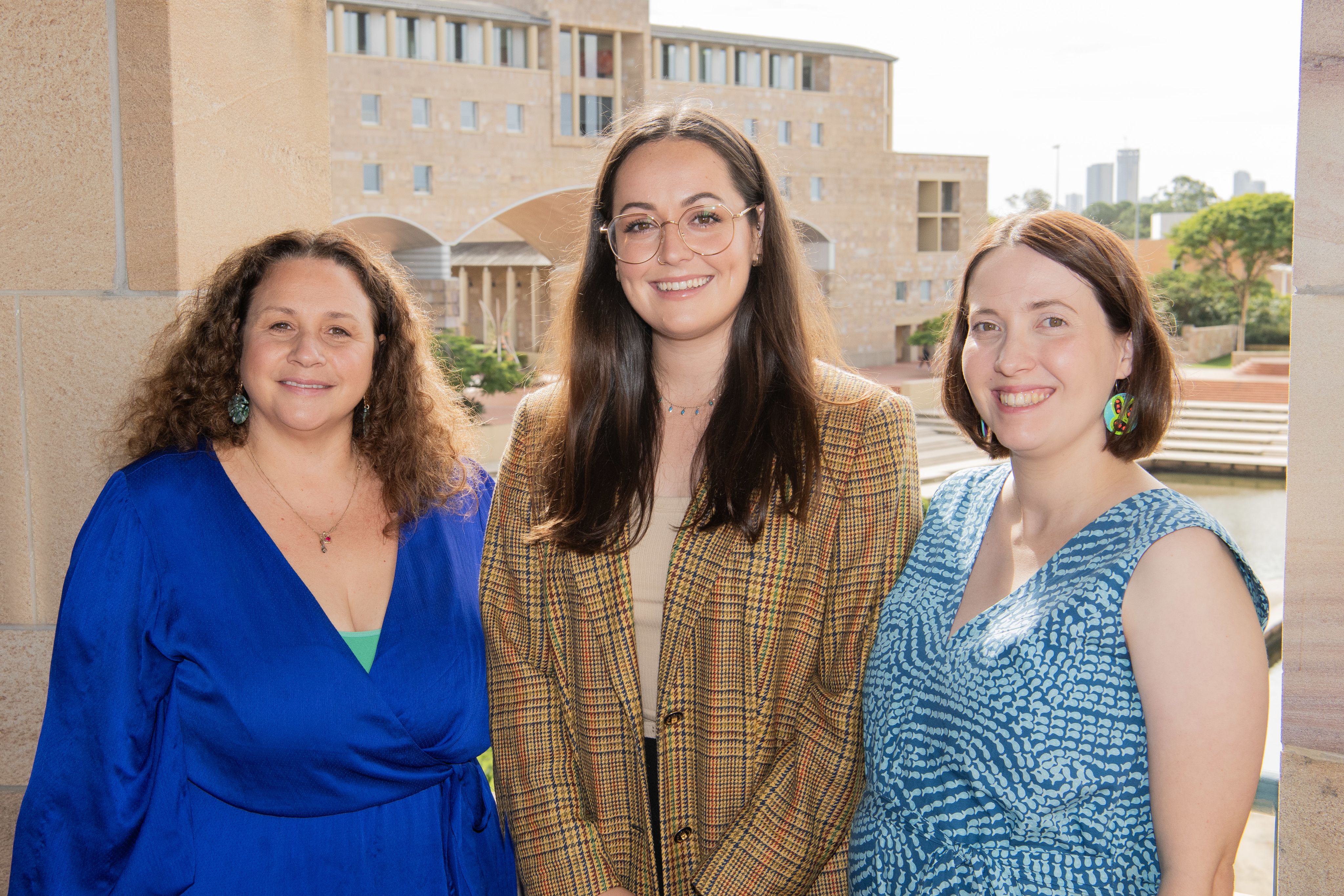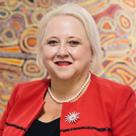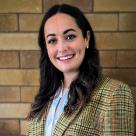Speaking up on reconciliation
A 'fireside chat' about identity, family, and Country with three proud Indigenous women
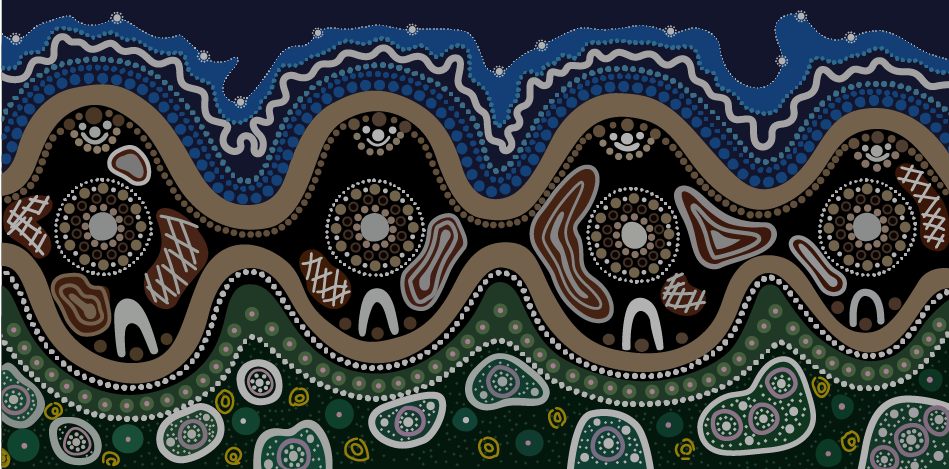
Bond University Women's Network brought its community together during National Reconciliation Week in May 2024 to strengthen relationships between members and with their Aboriginal and Torres Strait Islander friends and colleagues. Bond University Provost Professor Keitha Dunstan led a discussion with three Indigenous speakers who shared stories of family and heritage and what reconciliation means to them. This is a glimpse of their Speak Up forum.
They are three women from vastly different fields but share a love of identity, family and Country. ABC journalist and producer Solua Middleton, Assistant Professor of First Nations Health Bridie Mulholland, and University of Queensland PhD student Amy Thomson are all proud Indigenous women who are passionate about making positive changes in their industries and the wider community. They generously shared insight into their personal and professional lives as they pave a path for generations to follow. So what can we learn from them? Follow excerpts from their conversation with Professor Dunstan.
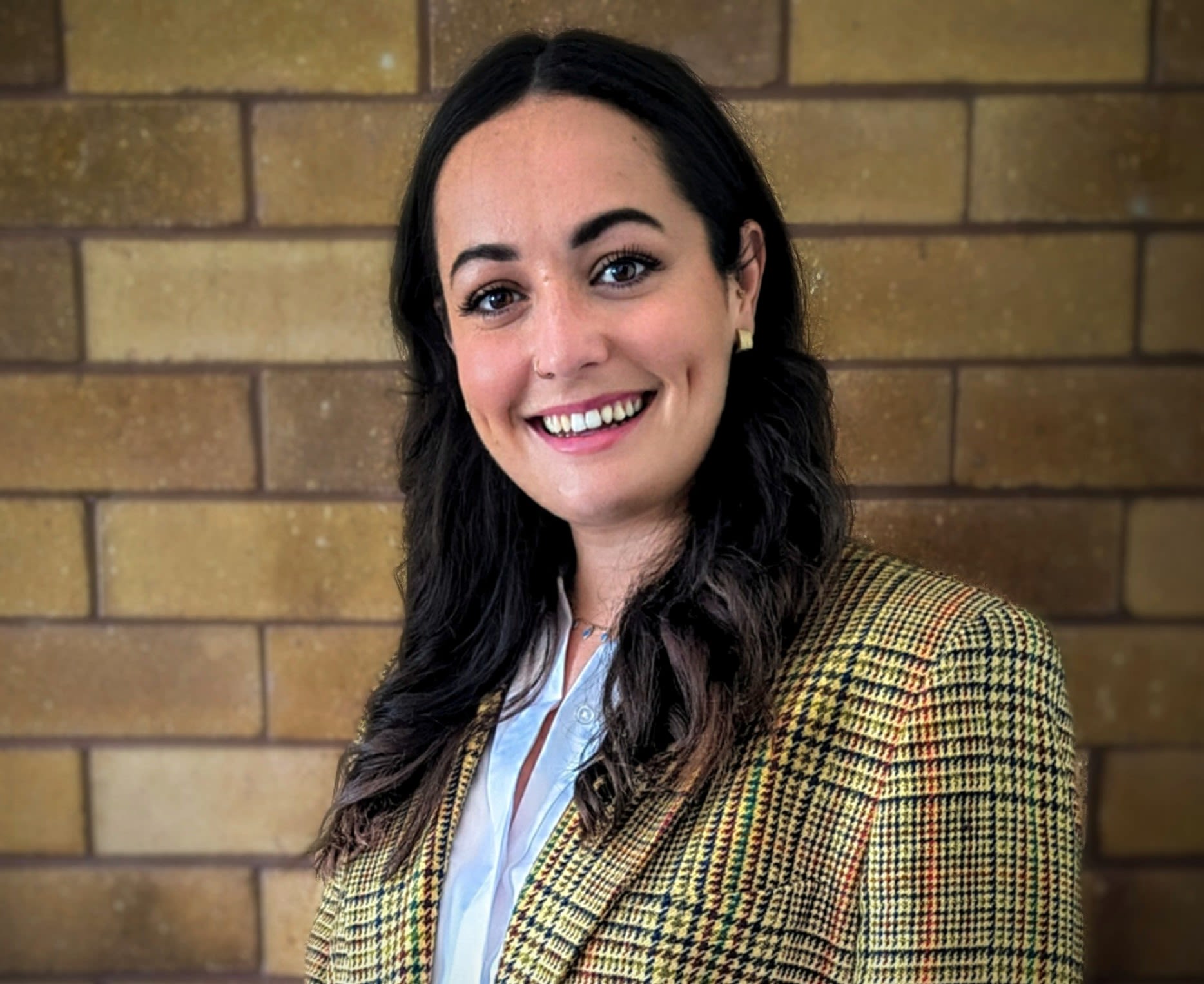
Dr Bridie Mulholland
Bridie is a proud Jingili woman and bone biologist at heart. After completing her PhD in 2021, she gained experience in research governance and operations, health services research and clinical trial management. She is now an Assistant Professor of First Nations Health at Bond where she ensures First Nations Health is embedded in the curriculum of all health programs within the Faculty of Health Sciences and Medicine.
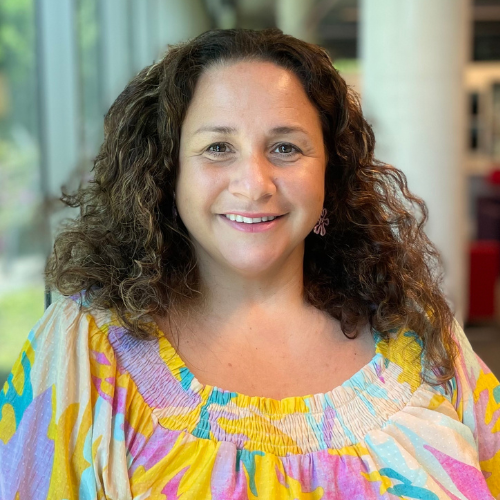
Solua Middleton
Solua is a digital journalist with ABC News’ interactive storytelling team Story Lab and a proud Torres Strait Islander. The award-winning journalist is currently a co-executive producer on a project that dives into Australia’s deep time, looking at our 65000-plus-year-old history of First Nations Australians.
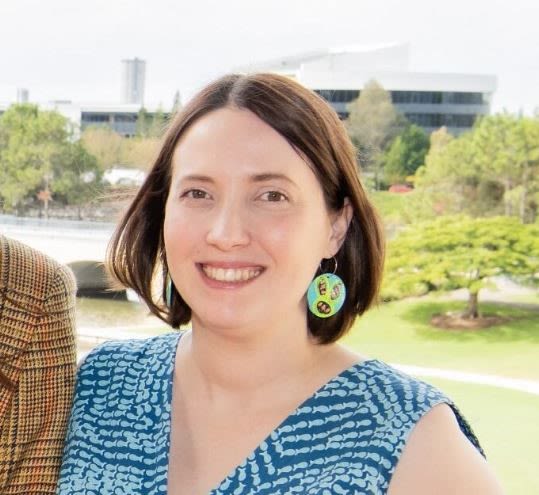
Amy Thompson
Amy is a Mandandanji woman and PhD candidate in the School of Education at the University of Queensland. She works as a senior research assistant and academic. Amy was chief investigator in the Australian Government's diversity in STEM review “Big mob STEM it up!” project and is an Associate Investigator in UQ’s ARC Centre of Excellence for Indigenous Futures. Amy is also Professor Dunstan’s niece.
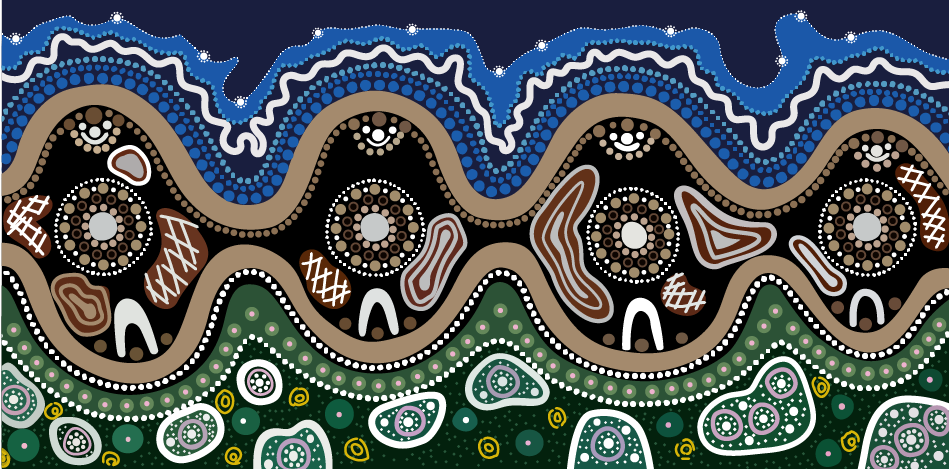
Professor Dunstan:
You are obviously in very different fields, but there is a common thread and that is love of your identity and your family and Country. What are you are hoping the impact of your work will be when you retire?
Solua:
I've got two young kids and I hope they're proud of the work that I do and that I've always tried to elevate the voices of Aboriginal and Torres Strait Islander people. I hope they can feel that they're proud of their identity and that they can walk in this world without fear. I just really want them to be strong.
I’m also working on a massive project at the moment, and I really hope that will be a big legacy that I leave a mark on. I hope my kids can look at that and say “okay, that made a difference to the way that people work and how racism exists in the workplace".
Amy:
Education has been a big one for me. Nan finished school in Year 8 but she's the most intelligent woman I know. Keitha (Professor Dunstan and Amy's aunt) was first in our family to finish high school, let alone go to university and do all of these incredible things. My mum followed shortly after, and now Keitha has a PhD, my mum has a PhD and I'm following in their footsteps. I hope I leave behind this legacy of empowerment, that we can be part of this space, because you can't be what you can't see.
A lot of the research projects I endeavour to be part of are Indigenous-led and lean on elevating the voices of our young people and what they want to see in the future. I hope that leaves behind a legacy for my daughter and my son — that we can embrace the future of this country and have a self-determined voice and be powerful in this education and the journeys we make for ourselves.
Bridie:
I hope I can make any contribution to advancing First Nations equity. I work in higher education and that's a great place to try and do that. I'm really passionate about sending graduates and students out into the world who are culturally capable, ensuring that higher education is culturally capable and really striving for a community where cultural capability is just how we all are. It's how we exist every day in everything we do.

Professor Dunstan:
You are obviously in very different fields, but there is a common thread and that is love of your identity and your family and Country. What are you are hoping the impact of your work will be when you retire?
Solua:
I've got two young kids and I hope they're proud of the work that I do and that I've always tried to elevate the voices of Aboriginal and Torres Strait Islander people. I hope they can feel that they're proud of their identity and that they can walk in this world without fear. I just really want them to be strong.
I’m also working on a massive project at the moment, and I really hope that will be a big legacy that I leave a mark on. I hope my kids can look at that and say “okay, that made a difference to the way that people work and how racism exists in the workplace".
Amy:
Education has been a big one for me. Nan finished school in Year 8 but she's the most intelligent woman I know. Keitha (Professor Dunstan and Amy's aunt) was first in our family to finish high school, let alone go to university and do all of these incredible things. My mum followed shortly after and now Keitha has a PhD, my mum has a PhD and I'm following in their footsteps. I hope I leave behind this legacy of empowerment, that we can be part of this space, because you can't be what you can't see.
A lot of the research projects I endeavour to be part of are Indigenous-led and lean on elevating the voices of our young people and what they want to see in the future. I hope that leaves behind a legacy for my daughter and my son — that we can embrace the future of this country and have a self-determined voice and be powerful in this education and the journeys we make for ourselves.
Bridie:
I hope I can make any contribution to advancing First Nations equity. I work in higher education and that's a great place to try and do that. I'm really passionate about sending graduates and students out into the world who are culturally capable, ensuring that higher education is culturally capable and really striving for a community where cultural capability is just how we all are. It's how we exist every day in everything we do.
I hope they can feel that they're proud of their identity and that they can walk in this world without fear.
Professor Dunstan:
Amy, we recently commemorated Sorry Day and talked about the impact of the Stolen Generation and the ongoing intergenerational impact. You're an educator, and there are lots of educators in this room. How do we help our young Indigenous people, particularly those who have been separated from Country and culture?
Amy:
When we're thinking about how we embed Indigenous perspectives authentically and holistically in the classroom, we want it to be strength-based. So, for our non-Indigenous students, we want a window into a life and culture that's different from their own and to see it in a way that's reflected powerfully. And also a mirror back for our First Nations students to see themselves reflected in an empowered way.
But our history hasn't always been positive, and there's a lot of important truth-telling that needs to happen in classrooms when we think about the Stolen Generation. So I've challenged teachers to tell a story of trauma and of suffering, but frame it with strength. If we talk about resilience and what we've had to overcome and how we’ve gotten to where we are, that's empowering for young people. We can acknowledge what's happened and what continues to happen, but then frame it in a way of “we are still here, and we are empowered, and we are strong because of this".
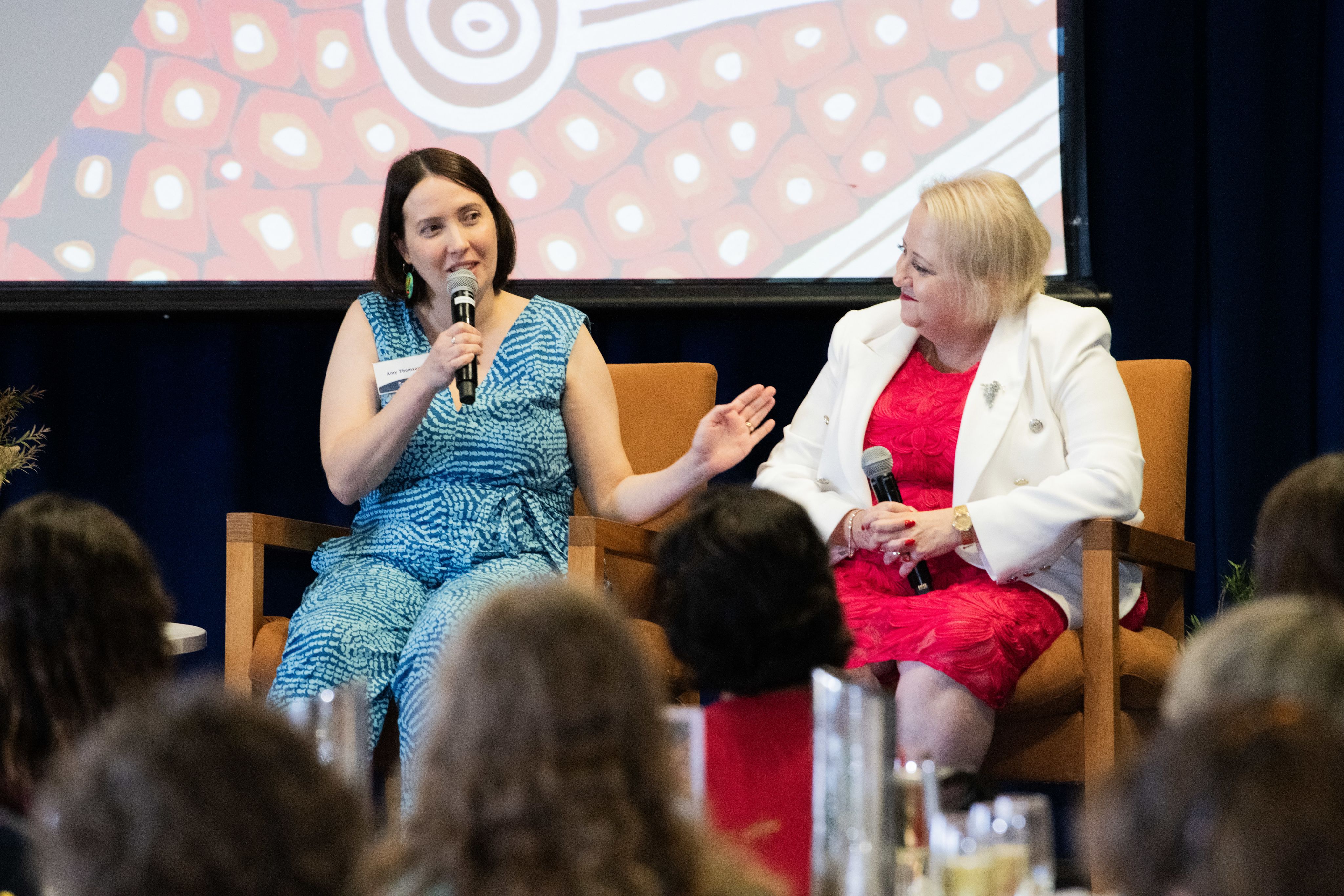
Professor Dunstan:
Amy, we recently commemorated Sorry Day and talked about the impact of the Stolen Generation and the ongoing intergenerational impact. You're an educator, and there are lots of educators in this room. How do we help our young Indigenous people, particularly those who have been separated from Country and culture?
Amy:
When we're thinking about how we embed Indigenous perspectives authentically and holistically in the classroom, we want it to be strength-based. So, for our non-Indigenous students, we want a window into a life and culture that's different from their own and to see it in a way that's reflected powerfully. And also a mirror back for our First Nations students to see themselves reflected in an empowered way.
But our history hasn't always been positive, and there's a lot of important truth-telling that needs to happen in classrooms when we think about the Stolen Generation. So I've challenged teachers to tell a story of trauma and of suffering, but frame it with strength. If we talk about resilience and what we've had to overcome and how we’ve gotten to where we are, that's empowering for young people. We can acknowledge what's happened and what continues to happen, but then frame it in a way of “we are still here, and we are empowered, and we are strong because of this".
Professor Dunstan:
Everybody here is interested in understanding your lived experiences, and we went through the experience of a failed referendum. Can you share your own perspective of how you found the time in the lead-up to the referendum and how you are feeling moving forward?
Bridie:
It was disappointing. It highlighted the real gap in knowledge of Australia's history, what really happened and what our truth is. We have to overcome that knowledge gap if we want to move forward. I don't think reconciliation is dead despite a lot of people feeling that way after the referendum, and I can absolutely empathise with that. But we have to have hope because if we don't have hope, it dies. A reconciled nation is possible. It is a long way and it will take a lot of strength to get there, but we know we First Nations people have that strength.
We need to think about reconciliation pragmatically, there are three phases to it. Apology, reflection, change. We can't reflect unless we know what happened. So if we reasonably expect Australia to move forward, non-Indigenous Australians have to understand what our history is in all of its truth and all of its negativity. And they have to understand that it’s not trying to point blame. We can't learn from it if we don't look at it and we don't stare it straight in the face and say, “Yes, this is what happened, let's never do that again and let's all make a choice to move forward and change for the better because of it".
Professor Dunstan:
We have a lot of allies in the room. What could their contribution be to help towards reconciliation?
Solua:
It’s about looking forward and making connections. There might be a lot of people who have never met an Indigenous person in their life. It’s about being curious and inquisitive, wanting to know the Country you are on, wanting to pass that knowledge on and share what you learn with your children or a friend at the pub.
One of the projects I'm working on is around Indigenous deep time, and it's matching cultural knowledge with scientific knowledge. I hope people read those stories and can sit around the dinner table and speak it verbatim, saying “did you know that in this place, this happened?”. Once we start having that regular dialogue around the dinner table without an Indigenous person, then we are taking a step to being a more inclusive country with our First Nations peoples.
Bridie:
When it comes to being with, talking to, and caring for First Nations people, don't let the fear of getting it wrong stop you from trying. It doesn't matter if you're Aboriginal, Torres Strait Islander or non-Indigenous, everyone will get it wrong in some way because everyone's experience of life is different.
The second thing I’ll say is, you'll seldom be in a position where you can drive systemic change, but you can always control how you act. And if everyone in this room acts in a culturally safe way, that's a hundred people that are driving systemic change from the bottom.
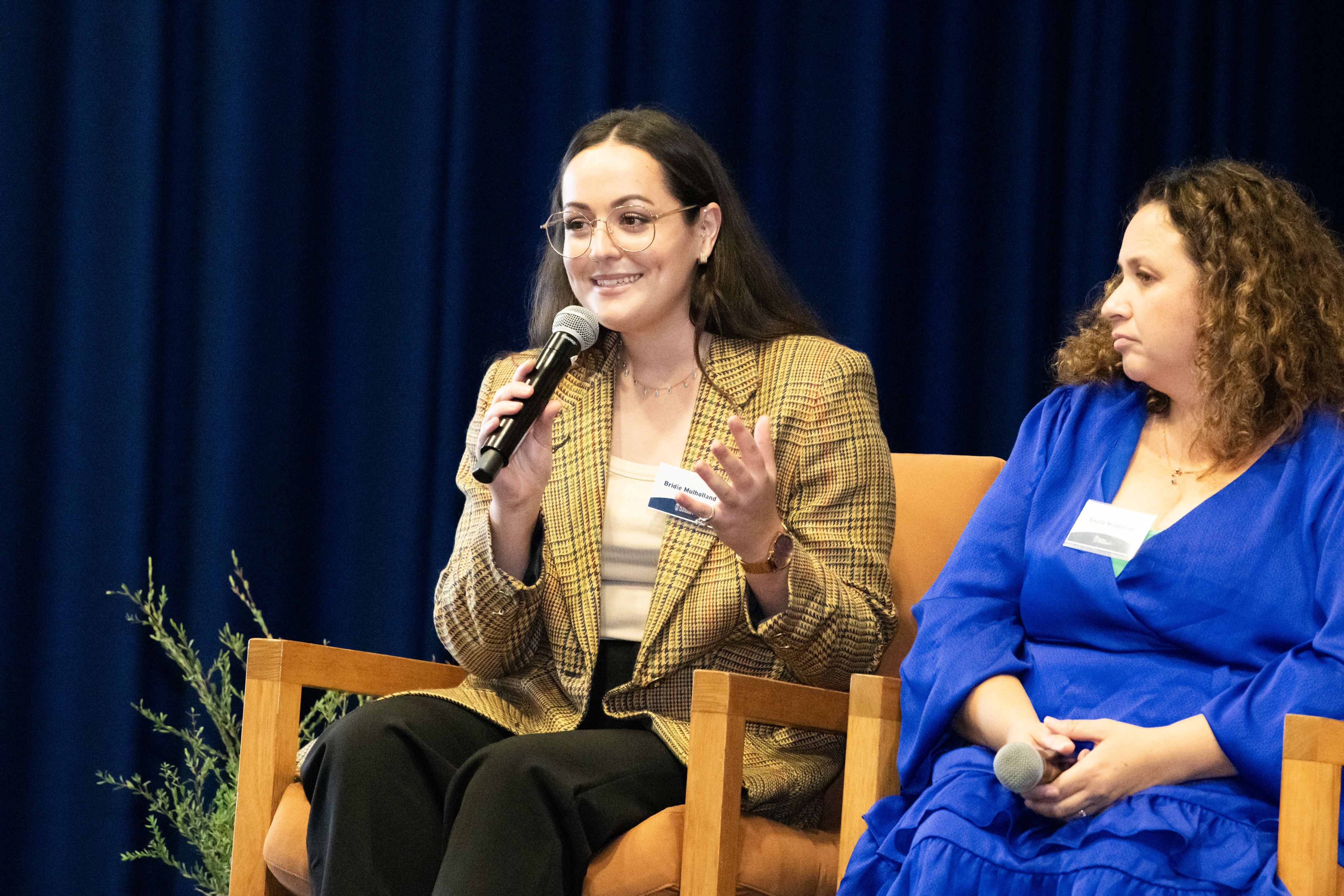
Don't let the fear of getting it wrong stop you from trying.
Amy:
There’s a big movement at the moment for “calling it out” as an ally, if you witness or are exposed to instances of racism. In the referendum, there was a lot of misinformation that empowered people who had misinformed views to be taken as truth, and that spiralled really badly. Be willing to speak up, and to name that you are speaking up because you’re an ally, not always leaving it to the task of Indigenous people to be calling it out.
Also make space where we do need those Indigenous voices. Speak up and advocate for a self-determined decisions, or say we need to do more learning. That takes a lot of responsibility and accountability to hold yourself to that and say, “Let’s pause this until we have an informed position or we've spoken to First Nations people about how this comes across".
Original thinking direct to your inbox

Stories from Bond
